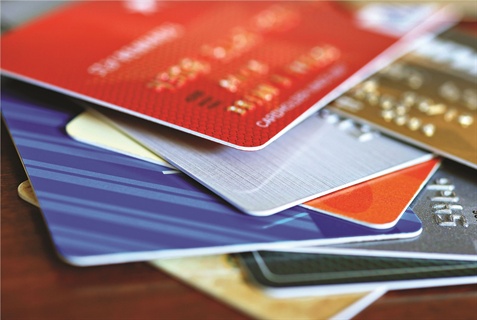
As a freelancer and independent contractor you are eligible to deduct business expenses against your income.
This is a good thing.
Actually, it's a great thing.
You see, your taxes are based on your net income. By tracking your business expenses throughout the year, you are able to apply those business expenses against your income and reduce it, thereby by reducing your income taxes. Learn more about Net Income here.
Told you it's a great thing!
When new business owners, freelancers and independent contractors understand this concept, the first question that always comes to them is: "What expenses can I deduct?"
This is a question we hear almost daily and below is a summary of common expenses with examples that business owners and independent contractors should keep track of. Depending on your situation, there is a very good chance that you can use these expenses to reduce your income and business taxes:
- Advertising and Promotions - Examples: Online/Print ads, business cards, finder's fees
- Dues, Subscriptions, Licenses, Memberships - Examples: If you're in an industry in which you must pay professional dues or licensing costs (in order to maintain your membership), these are deductible
- Home Office Expenses - Examples: Utilities, mortgage interest (if owned), rent (it not owned), repairs and maintenance, property taxes, insurance. *** Only the business-use percentage of these expenses is deductible. Please contact a professional for more clarification and to determine if your situation applies.
- Delivery, Freight, Postage - Examples: Shipping, postage and express costs
- Meals and Entertainment - Examples: 50% of meals and entertainment expenses incurred for business purposes (meetings with prospects or clients) are deductible
- Vehicle Expenses - Examples: Fuel, repairs and maintenance (oil changes, repairs), parking, insurance, depreciation (if owned), lease payments (if not owned), tolls. *** Only the business-use percentage of these expenses is deductible. Please contact a professional for more clarification and to determine if your situation applies ***
- Office, Supplies and Computer Expenses - Examples: Stationary, office supplies, supplies purchased to perform a job (i.e. paint for a painting job), some computer and software costs (i.e. invoicing software)
- Salaries and Wages - Examples: Payments to an assistant or employees
- Telephone - Examples: Mobile phone, business land line. *** Only the business-use percentage of these expenses is deductible. Please contact a professional for more clarification and to determine if your situation applies.
- Travel - Examples: Flights, accommodations, taxis
This is by no means an exhaustive list, but rather a list of common expenses that many freelancers and independent contractors may incur in their day-to-day operations. Remember, any expense incurred for the purpose of earning income, as long as it's reasonable, has the potential to be deductible. Every business owner, freelancer and independent contractor's situations are different, so it would be wise to confirm with an accounting professional before filing your taxes, but usually, the overriding rule is that if you spent money for the purpose of making money, that expense is deductible.


